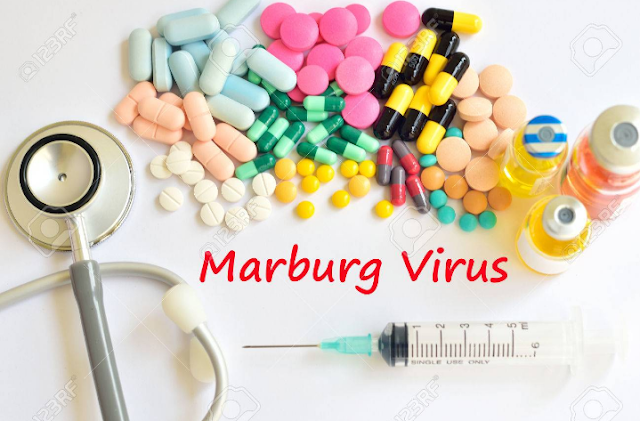After infecting several people in central Africa, WHO recently labeled the Marburg disease an epidemic. Listed below is all the information you require regarding the illness. The World Health Organization recently deemed the Marburg illness to be an epidemic. Equatorial Guinea, a nation in Central Africa, has experienced the first-ever Marburg disease epidemic, which has already claimed nine lives. After the global health organization examined samples from the nation that were brought last week, the disease's status as an epidemic was confirmed.
Equatorial Guinea has identified 16 possible instances of the Marburg disease so far. To stop the virus's spread, nearly 200 individuals have been placed under quarantine. This is the nation's first Marburg epidemic, despite there having been earlier outbreaks and isolated cases in other parts of Africa, including Angola, the Democratic Republic of the Congo, Guinea, Kenya, South Africa, and Uganda. However, the illness is thought to be extremely contagious, so you must learn everything there is to know about it.
- What is the Marburg illness?
People can contract the bat-borne Marburg disease by coming into contact with infected items or bodily fluids. The virus that causes Marburg illness is comparable to the Ebola virus, according to the WHO. It is a very contagious illness with an 88 percent mortality rate.
- What alternatives are there for treatment?
People cannot currently be protected against the Marburg virus by a vaccine or other medical intervention. However, medical professionals might use interventions like rehydration with oral or intravenous fluids, which might even boost mortality rates.
Experts in epidemiology, case management, infection prevention, laboratory, and risk communication are being dispatched by WHO to assist the national response efforts and guarantee community collaboration in outbreak control.





Post a Comment